House Plant Care Guide: The Benefits of Tea and Chamomile
by Rebecca Henry
July 18, 2023
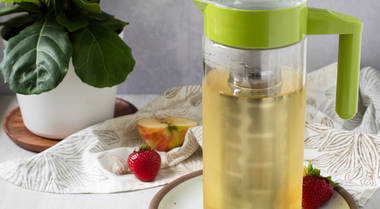
The source and fuel of this trend? Social media. However, for both the seasoned and new fresh plant parents, the benefits reaped continuously make people want to continue investing in their plant-children. And we totally get it as a handful of us at Adagio are plant lovers! What's not to love? There are so many benefits to having plants!
For instance, plants improve our wellbeing. They help improve our mood, make us happier, relieve stress, help with concentration, and even help with air quality. NASA even recommends one plant for every 100 square-feet!
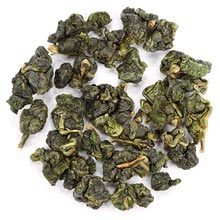
Now you might be wondering: How does this relate to tea? Well, besides the fact that some teas are acquired by plants, did you know that you can use leftover tea and tea leaves for your plants to help them grow? Tea has multiple benefits for your plants as it provides similar nutrients to fertilizers and helps with photosynthesis. Using tea helps provide your plants with potassium phosphorus, polyphenols, theanine, antioxidants, as well as other vitamins (C, D, and K) and minerals (iron, fluoride, calcium, and magnesium).
Keep reading and we'll tell you how to use tea for watering your plants, composting, and of course, some of our recommendations!
WATERING YOUR PLANTS WITH TEA
Yes! You can give your plants all the nutrients that tea has to offer by watering them!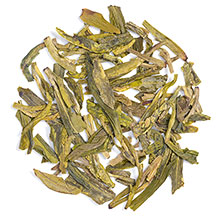
First thing's first when it comes to watering your plants with tea: never ever use hot tea - any hot liquid can make your plants go into shock and kill them. Be sure to consider your plants pH needs as some plants thrive more with acidity and vice versa. Another notable mention is to know that when you water your plants with tea water, you don't need to water them with regular water; if you do, you run the risk of drowning them! And lastly, don't rely on tea water for hydrating your plants - only use tea water once or twice a month because sometimes your plant needs a break, an adjustment period, and sometimes prefers plain water.
How to water your plants with Tea
Brew a pot of tea following each tea's individual serving size.Let the tea sit for the tea's recommended time or overnight.
Let the tea sit and completely cool.
Water your plants with the tea, evenly covering the surface area of the soil.
COMPOSTING TEA LEAVES FOR YOUR PLANTS
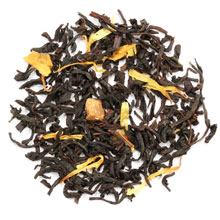
Did you know that you can compost your tea leaves? You can compost both dry and leftover tea leaves from brewing! Like coffee grounds, tea leaves have nutrients that benefit your soil, and act like a natural fertilizer. It helps provide nitrogen which is an important component of the plant's chlorophyll, the compound that plants use to turn the sun's energy to produce carbon dioxide. Other composting benefits include it being a natural pest repellent and weed controller, while another is that it helps plants retain water.
We should note, however, that when it comes to composting, teabag paper, string, and of course, tea leaves, are the only compostable things. So if you have a teabag, keep in mind that the staple and adhesive are not compostable and actually end up doing more harm.
How to compost tea leaves for plants:
With dry leaves
If using a tea bag, remove all parts that are not compostable (tea bag staple or adhesive).Either bury the tea bag into the soil or rip it apart and either mix it within the soil or sprinkle it on top.
With wet leaves
Always allow the leaves to cool down before using.Mix the tea into the soil or sprinkle on top.
TEA RECOMMENDATIONS
We weren't going to leave you hanging and drying! Here are a few of our tea options that are perfect for drinking and for your plants.
Chamomile
Known for its mild sweet flavor, chamomile is the perfect option to calm and soothe anyone's soul and it's perfect for any plant lover or gardener as it has hidden benefits.Firstly, chamomile can is a natural insecticide to help infested plants and helps to prevent fungal disease that causes small plants to die. It's high in vitamins and minerals that helps your plant grow and thrive, and even repel pets and other animals away due to its smell.
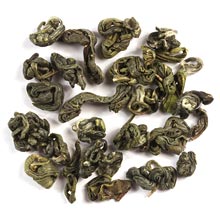
Sleeping Dragon
Sleeping Dragon is one of our green teas. Because it's a green tea, it's high on nitrogen that helps with your plants ability to perform photosynthesis. It's also high on amino acids that help strengthen your plants.We hope that not only you enjoy our tea options for consumption, but also your plants as well and that you'll continue to keep yourself and all of your plant babies happy and healthy with the very best tea there is to have.